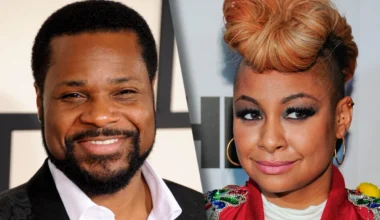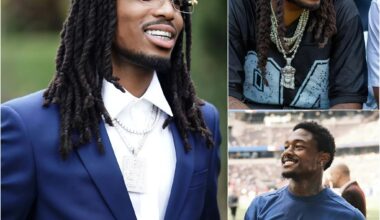At the 1997 Rock & Roll Hall of Fame induction, a rare and unforgettable collaboration unfolded on stage as Crosby, Stills & Nash delivered a moving performance of their classic anthem “Teach Your Children.” The moment was made even more special by the presence of two equally influential artists—James Taylor and Emmylou Harris—who joined the trio in a powerful, harmony-rich rendition that celebrated the song’s enduring spirit.
This performance coincided with the long-anticipated induction of Crosby, Stills & Nash into the Hall of Fame. The trio—David Crosby, Stephen Stills, and Graham Nash—had shaped the landscape of American folk rock since their formation in 1968. Renowned for their seamless harmonies and socially reflective lyrics, they became a musical voice for a generation navigating turbulent social and political change.
“Teach Your Children,” a standout track from their 1970 album Déjà Vu (recorded as Crosby, Stills, Nash & Young), remains a timeless call for empathy and understanding between generations. Penned by Graham Nash, the song captures the essence of reciprocal learning and compassion between parents and children. Its gentle cadence and universal message have cemented its place as a beloved folk standard for over 50 years.
The inclusion of James Taylor and Emmylou Harris brought an extra layer of richness to the performance. Taylor, a defining figure in the singer-songwriter movement of the 1970s, lent his signature guitar style and soothing vocals. Harris, whose contributions to country, folk, and Americana are legendary, added a hauntingly beautiful harmony that perfectly complemented the group’s sound.
Together, the five artists created a version of “Teach Your Children” that felt both nostalgic and freshly resonant—a blending of voices and legacies that elevated the song’s message. It wasn’t just a tribute to the past; it was a reminder of music’s power to bridge divides and foster understanding.
That evening stands out as one of the most poignant in Rock & Roll Hall of Fame history—a gathering of kindred musical spirits sharing a message of unity, reflection, and hope that still echoes today.





